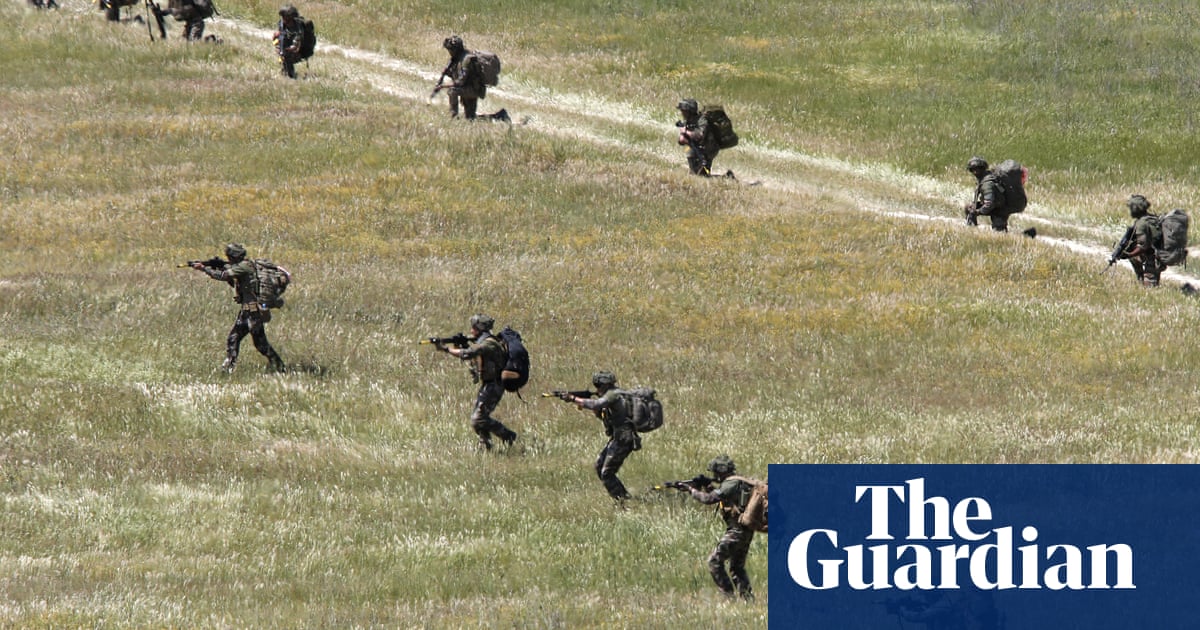
Irecently heard the story of a servicewoman in the armed forces who a few years ago was subject to an act of alleged assault by a colleague. The incident was reported to the military authorities and a wealth of evidence was provided, including pictures of bruising, eyewitness accounts and a detailed video statement.
Justice has still not been served.
Not only was the case reduced to a disciplinary matter in the military court system, but the alleged offender was allowed to continue his service. Sadly, this case is not a one-off.
Though most of our servicewomen have fantastic, fulfilling careers, “when things go wrong [for them], they go dramatically wrong”. This was the conclusion of an inquiry into women in the armed forces by the defence select committee from earlier this year.
This groundbreaking inquiry was the first of its kind, with around one in 10 female personnel currently serving in the regulars contributing. It uncovered shocking levels of bullying, harassment, and discrimination – including serious offences including sexual assault and rape – and difficulties in making complaints.
Female personnel were found to be more than 10 times as likely as their male counterparts to have experienced sexual harassment in the last 12 months, with 40% of women stating that their experiences of the complaints system were “extremely poor”.
Having been given a real insight into life for women in the armed forces and making several positive recommendations to improve conditions, last week we finally received the government’s delayed response to the report. Disappointingly, some of the most important recommendations have been rejected.
Despite conviction rates for rape cases in the military courts being just 9%, the government has refused the report’s call to move these serious cases into the civilian system.
This demand is not new. Labour has argued throughout the passage of the armed forces bill that this should happen for serious sexual offences, murder and manslaughter. The government again voted against this move only this week – despite its own review led by former judge HH Shaun Lyons making the same recommendation in 2018.
Despite low conviction rates, ministers continue to claim they are confident that the military’s justice system is “capable of dealing with all offences”.
But the reality is that many servicewomen are scared to even report sexual assault in the first place, for fear of the complaint being mishandled, or affecting their job prospects. One woman told the inquiry that it is “well known among service personnel that if you make a complaint there is likely to be ramifications”, while another said that they had experienced “an overwhelming culture of covering up and denying incidents of harassment”.
While women in our armed forces are being silenced, the government has chosen to deliberately block positive change that could allow them to be heard. Instead, ministers have again kicked this issue into the long grass by promising a further strategy on sexual assault without saying when this will be published or how this will seek to improve conviction rates.
Ultimately, their reluctance to take this issue seriously is unsurprising when they have also refused to recognise “military sexual trauma”. MST is a category that’s already widely used in the US to fully make sense of sexual assault in the military and the impact it has on its victims.
The government also announced that it would be setting up a defence serious crimes unit which, while commendable in principle, puts only three out of the 20 related recommendations from its recent service justice system review into law.
Time and again, ministers are refusing the opportunity to take seriously the issues of bullying, harassment and assault for female personnel, instead favouring lukewarm alternatives that miss the heart of the issue.
On Thursday in parliament, there will be a debate on the findings of the defence committee’s inquiry. Labour will be demanding that the government makes the changes that we so desperately needed for our servicewomen. Our armed forces put their lives on the line for our country; the very least we can do in return is ensure they are properly protected and supported from within their own ranks.
Stephanie Peacock is a junior shadow defence minister and the MP for Barnsley East












